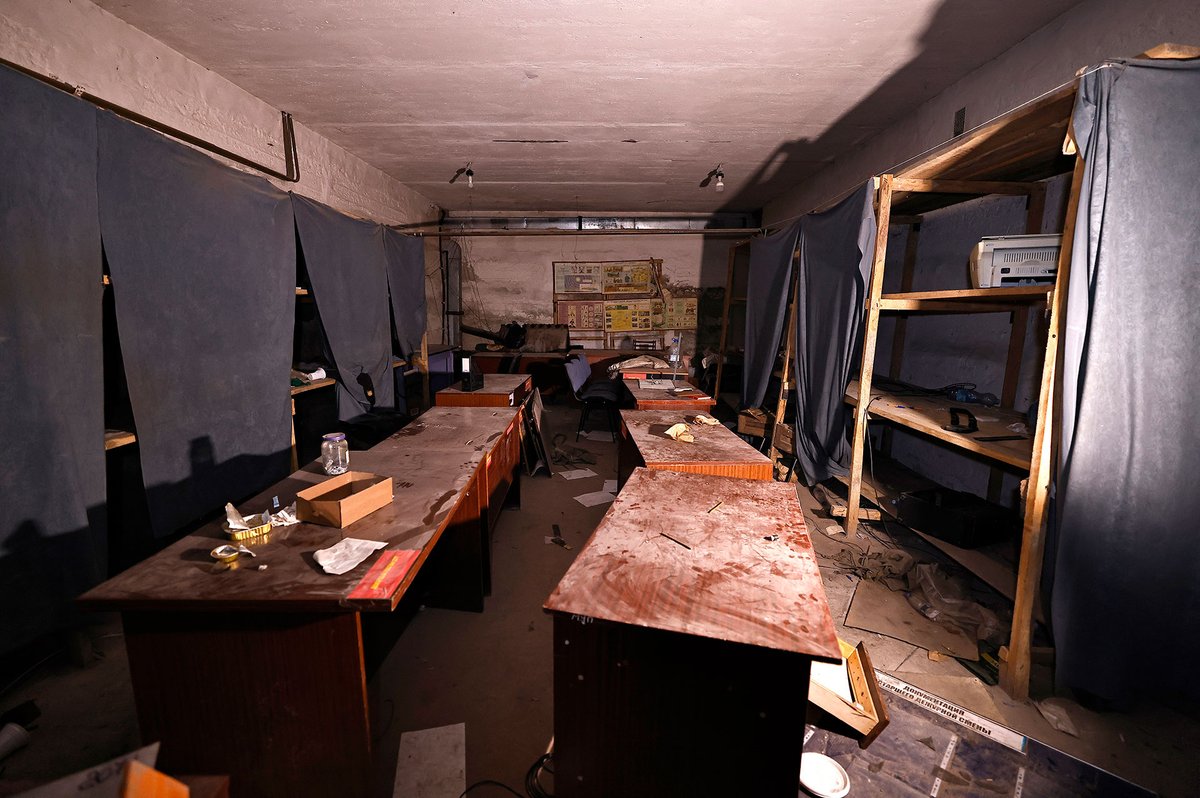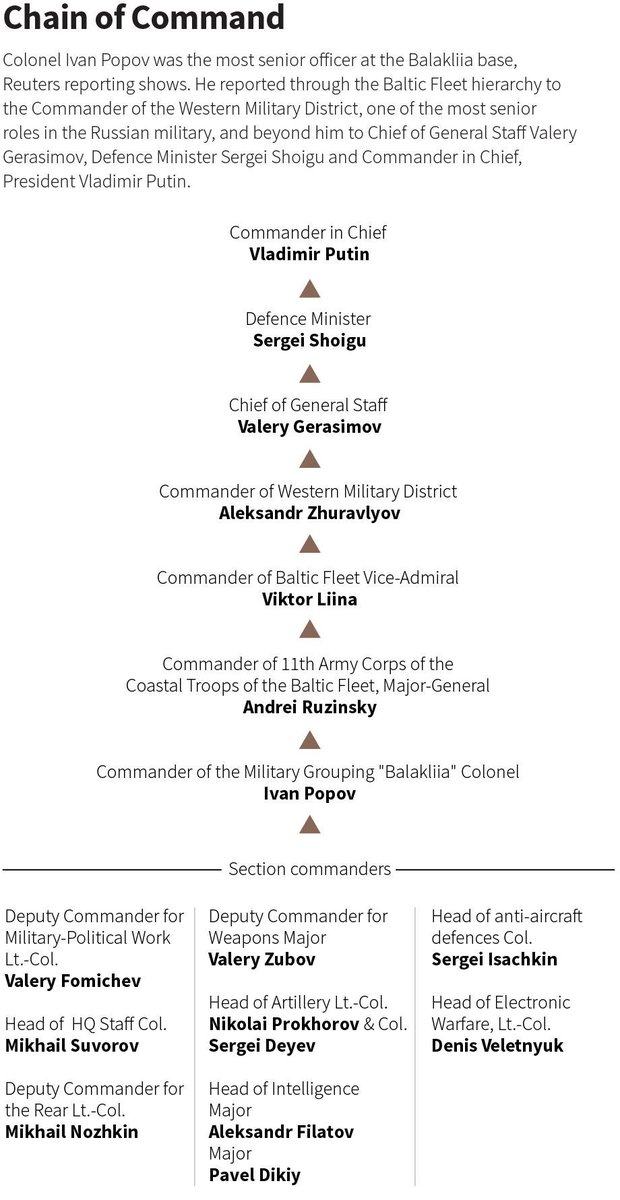
NEW: We've spent several months investigating pro-Putin activists across Germany who are agitating for Berlin to cut aid to Ukraine and pursue peace with Russia. Here are some of our findings... 

We have discovered, through interviews and a wide review of social media posts and other online information, that key figures in this campaign in Germany have links to the Russian state or to far-right movements. reuters.com/investigates/s…
These include organizers of several pro-Russia protests in Cologne who traveled together to Donbas last year to distribute aid. In a video of their trip, Elena Kolbasnikova and Max Schlund thanked the People's Front, a group headed by Vladimir Putin, for help organizing the trip.
Max Schlund actually used to be called Rostislav Teslyuk in Russia. His partner’s brother said Schlund served as a senior lieutenant in the Russian Air Force. In 2022 Schlund completed a transaction to buy an apartment in Moscow, according to Russia’s property registry.
Over the summer in Berlin, a man in a suit attended an event held by the German Communist Party. At one of the event panels ("Peace with Russia") the businessman, Oleg Eremenko, argued that Ukrainian youths were being taught to hate Russia. @reuters reuters.com/investigates/s…
Eremenko confirmed to Reuters that he worked for the GRU. He said he served inside Russia but declined to give details. “I served, and that’s it,” he said. “I’m now in Germany in, let’s say, a civilian status,” promoting Russian culture and memorialising World War Two dead.
Eremenko has also been pictured with Igor Girkin. Six yrs ago, Eremenko took part in a Russian dating show where a close associate of Girkin appeared on stage as one of his friends. Asked about it all, he said: “Too much information will do no favours for the pro-Russian side" 

Here are some of the other figures involved in public rallies and online work to push a pro-Kremlin message. Seewald is behind a Telegram account called that shares memes and German translations of Putin's speeches. He's been cited by Bavaria's verfassungsschutz as an extremist. 

Please read the full story for more reporting from @zverev_live @m_tsvetkova and @reporter_polina. As always, great to work with @ChristianLowe4 and @jmaclondon on this. reuters.com/investigates/s…
As always, if you have any information that you think would be of interest to us please reach out via DM or email. Falls Sie Informationen haben, die für uns von Interesse sein könnten, bin ich per DM oder E-Mail erreichbar.
• • •
Missing some Tweet in this thread? You can try to
force a refresh










